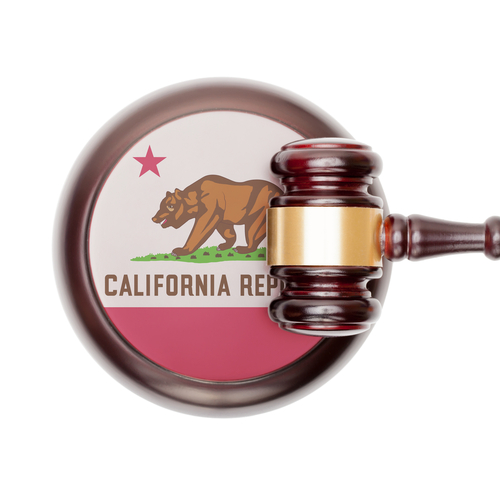California bill sealing criminal records for many offenders awaits governor’s signature

Image from Shutterstock.
A bill sent to Democratic California Gov. Gavin Newsom for his signature would automatically seal conviction and arrest records of many felony offenders in the state if they avoid conviction for another felony for four years after their sentences end.
Backers of the measure say it is the nation’s most sweeping law sealing criminal records, the Associated Press reports. The Los Angeles Times and CBS News also have coverage.
The California Assembly passed the measure in June, and the California Senate approved it in August. The bill would take effect in July 2023.
People convicted of some low-level offenses are already entitled to have their records automatically cleared under a law that Newsom signed in 2019, according to a press release issued at the time and prior coverage by the New York Times.
The new bill expands relief to allow many felony offenders who served time in state prisons.
The new bill would not automatically seal the records of people convicted of serious or violent felonies, however. They would have to petition for relief. And the bill would not apply to people who are required to register as a sex offender.
People still would be required to disclose their convictions if they are asked about them when they are seeking a job with law enforcement or when they are applying for public office. And criminal justice agencies would still have access to the records.
The new law also affects reporting on convictions to school districts. The schools are entitled to information on drug possession convictions no more than five years old and other convictions retroactive to the beginning of 2020.
Democratic California State Sen. Maria Elena Durazo was the author of the new bill. She said in a statement criminal records create “a permanent underclass” of people who can’t get jobs, adopt children or coach their children’s teams.
The new bill requires the California Department of Justice to review records in the statewide criminal justice databases and notify the criminal courts with jurisdiction about cases that are eligible for automatic sealing. The courts generally can’t disclose information about those convictions—except to criminal justice agencies and the person granted relief. The state databases would also note when records have been sealed.
The bill was sponsored by seven reform groups and opposed by groups that include the Peace Officers Research Association of California.



